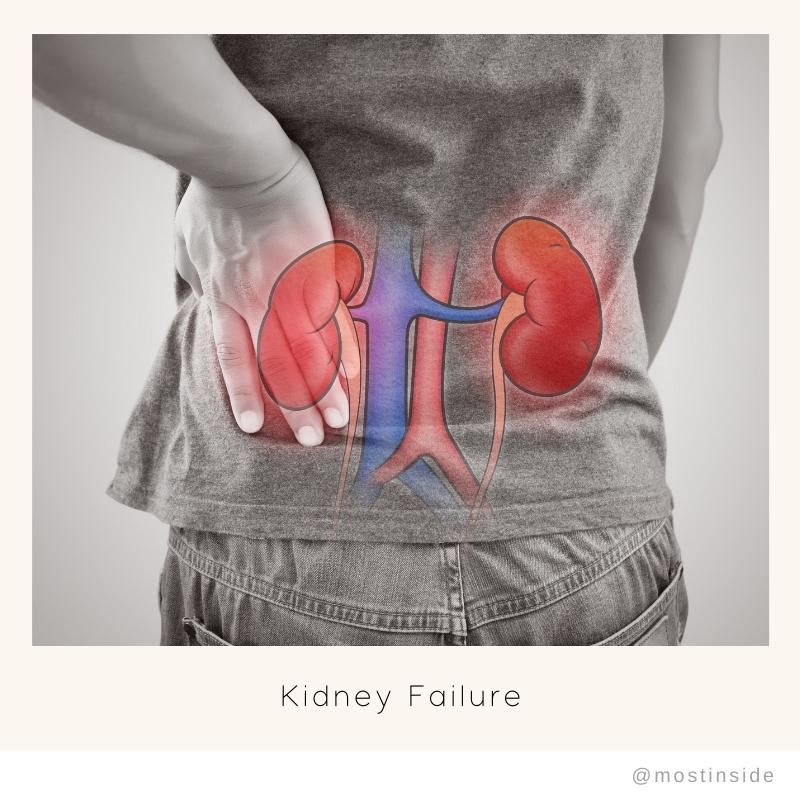Top Causes of Death and How Doctors Are Treating Them
In the United States, some of the leading causes of death are heart disease, cancer, kidney failure, and diabetes. While there are many different ways to treat these diseases, doctors are constantly working to find new and better ways to fight them. In fact, the best cardiologists in Los Angeles work tirelessly to help people, offering compassionate care and state of the art technology.
So, why should you keep reading? Because understanding the leading causes of death is the first step in finding ways to prevent them.
Heart Disease

There are several types of heart disease you should be made aware of. And although we have some of the best hospitals and medical centers, it’s important to take preventive care seriously.
A heart attack occurs when the heart muscle is deprived of oxygen-rich blood. This can happen when a blood clot blocks one or more of the coronary arteries that supply blood to the heart. The most common symptom is chest pain. Other symptoms can include shortness of breath, nausea, and sweating.
Congestive heart failure is a condition in which the heart can’t pump enough blood to meet the body’s needs. This can cause fluid to build up in the lungs, legs, and other parts of the body. Symptoms of congestive heart failure include shortness of breath, fatigue, and fluid retention. Treatment for congestive heart failure includes medications and lifestyle changes.
Arrhythmia is a condition in which the heart beats too fast, too slow, or irregularly. Symptoms can include shortness of breath, fatigue, and lightheadedness. Treatment for arrhythmia includes medications and surgery.
High blood pressure is a condition in which the blood pressure is consistently high. This can damage the blood vessels and organs. Treatment for high blood pressure includes lifestyle changes and medications.
Cancer

U.S. news reports regularly list cancer as one of the leading causes of death.
If you or a loved one is suffering from cancer, the Cancer Center In Hackensack, NJ can help.
The Hackensack University Medical Center is a comprehensive cancer center in Hackensack, NJ. The center offers patients access to the latest cancer treatments and technologies, as well as clinical trials and research initiatives. The center is also home to the John Theurer Cancer Center, which is one of the largest cancer treatment centers in the northeastern United States. The John Theurer Cancer Center offers patients access to a wide range of cancer treatments, including radiation therapy, chemotherapy, and surgery. The center offers patients access to the latest cancer treatments and technologies, including immunotherapy, clinical trials, and targeted therapy.
Kidney Failure

Kidney failure, also called renal failure, is a condition in which the kidneys stop working properly. The kidneys are responsible for filtering waste and excess fluid from the blood. When they fail, these toxins can build up and cause serious health problems.
There are several causes of kidney failure, including: chronic kidney disease, diabetes, high blood pressure, aging, and urinary tract infections. Symptoms may include fatigue, nausea, vomiting, loss of appetite, and shortness of breath.
If left untreated, kidney failure can lead to coma and death.
Doctors typically treat kidney failure with a combination of medications and lifestyle changes. In severe cases, kidney failure may require dialysis or a kidney transplant. Dialysis is a treatment that uses a machine to filter the blood and remove toxins. A kidney transplant is an operation to replace a failed kidney with a healthy kidney from a donor.
Diabetes

Diabetes is a disease that affects the body’s ability to use glucose, a type of sugar, for energy. Glucose comes from the food we eat and is the main source of energy for the body. Diabetes occurs when the body can’t make enough or use enough insulin. Insulin is a hormone that helps the body turn glucose into energy. There are three types of diabetes: type 1, type 2, and gestational diabetes.
There are three main goals of diabetes treatment: to keep blood sugar levels within a target range, to prevent or delay complications, and to improve quality of life. Therefore, people with diabetes need to eat a healthy diet, exercise regularly, and take medications, as prescribed. It’s also important that they get regular checkups and screenings.
Overall, these diseases are all treatable, and doctors are working to find new and better ways to treat them. Preventative medicine is key, and the top doctors are working to educate people about the best ways to stay healthy with their in-depth knowledge.
Recommended For You
Treating Your Crooked Teeth with The Newest Method!
Most Inside
Most Inside offers high-quality recommendations and valuable updates to enhance all aspects of your life, providing premium guidance and enriching experiences.




